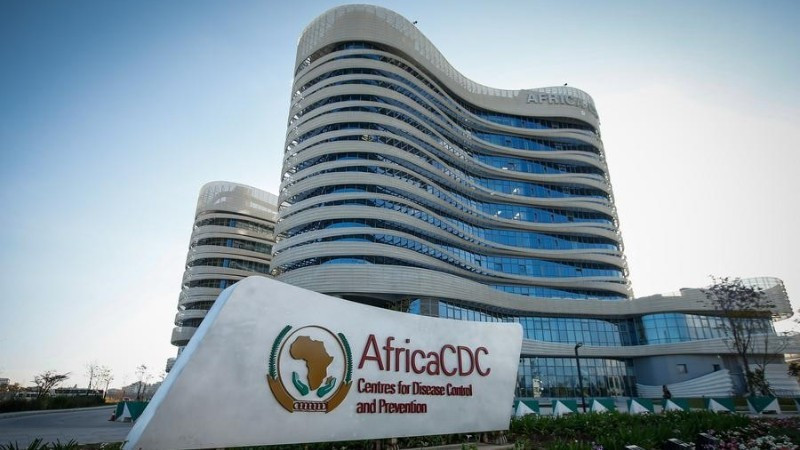The Africa Centres for Disease Control and Prevention (Africa CDC) has just confirmed an outbreak of Marburg virus disease in the town of Jinka in southern Ethiopia. The World Health Organisation (WHO) has warned of the grave consequences posed by the Marburg virus, which is highly infectious and causes haemorrhagic fever with a high fatality rate.
The WHO’s concerns are far from unfounded, as Africa has yet to emerge from its most severe cholera wave in a quarter of a century. Africa CDC has recorded around 300,000 cholera cases since the beginning of the year, including more than 7,000 deaths.
Anxiety is sweeping across the continent as cholera cases have risen by more than 30% compared with the same period in 2024, driven by conflict, poor sanitation, and increasingly unsafe water sources, factors which have not improved but instead deteriorated further. Angola and Burundi have seen cases surge in recent months, becoming hotspots in Africa’s struggle against disease.
The outbreaks in Africa are only one dark spot in the bleak picture of global healthcare. The WHO warns that the world is facing a health-financing emergency as international aid plummets. WHO Director-General Tedros Ghebreyesus has expressed deep concern over the sharp and sudden cuts in global funding, which have severely disrupted health systems in dozens of countries.
According to the WHO, health aid in 2025 is expected to fall by more than 30% compared with 2023, pushing around 70% of low- and middle-income countries into a state of financial shortfall in their fight against epidemics and in the provision of public healthcare. About one third of countries are currently reporting severe shortages of essential medicines and basic health programmes.
The head of the WHO acknowledged that even before the recent rounds of aid cuts, global health financing had already veered off course due to the burden of public debt following the COVID-19 pandemic. High debt levels have left many countries struggling for financial resources, forcing them to freeze public health investment.
According to the WHO, US President Donald Trump’s administration has drastically reduced foreign aid, and other international donors have also tightened their budgets. As such, many African nations and developing economies that are highly dependent on aid to maintain basic health services have been severely affected.
A study by the Barcelona Institute for Global Health (ISGlobal), conducted with several international organisations, also warns that sudden cuts in development assistance from major donor countries could lead to more than 22 million additional deaths, including 5.4 million among children under five, in developing countries between now and 2030. The warning comes after the United States, the United Kingdom, Germany, and France cut official development assistance (ODA) for the first time in nearly three decades.
The report stresses that plans by wealthy nations to tighten their purse-strings this year could reverse hard-won gains made by low-income countries in poverty reduction and global health advancement. According to ISGlobal, the research team analysed data from 93 low- and middle-income countries to assess the impact of further ODA cuts in 2025, following sharp reductions over the past five years.
With health financing becoming increasingly strained, the WHO has called on low-income and developing nations to rely less on international lifelines and instead take proactive measures to help themselves. An urgent task, it says, is to increase investment in healthcare, particularly in ensuring access for the poor; protect health budgets even during fiscal hardship; and prioritise spending on the most cost-effective services and products.
Peter Sands, Executive Director of the Global Fund to Fight AIDS, Tuberculosis and Malaria, emphasised that the current crisis is a wake-up call for poorer countries, including many in Africa, to accelerate progress towards financial self-reliance in healthcare.
















